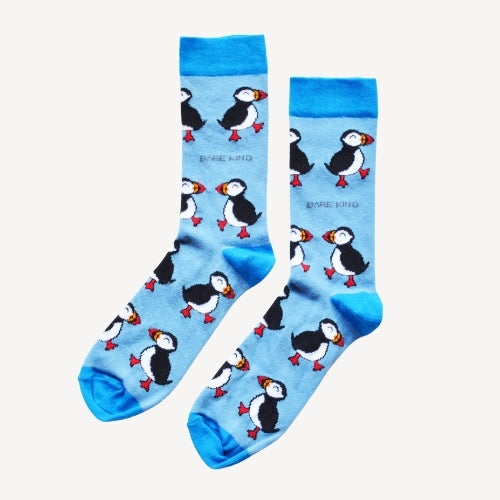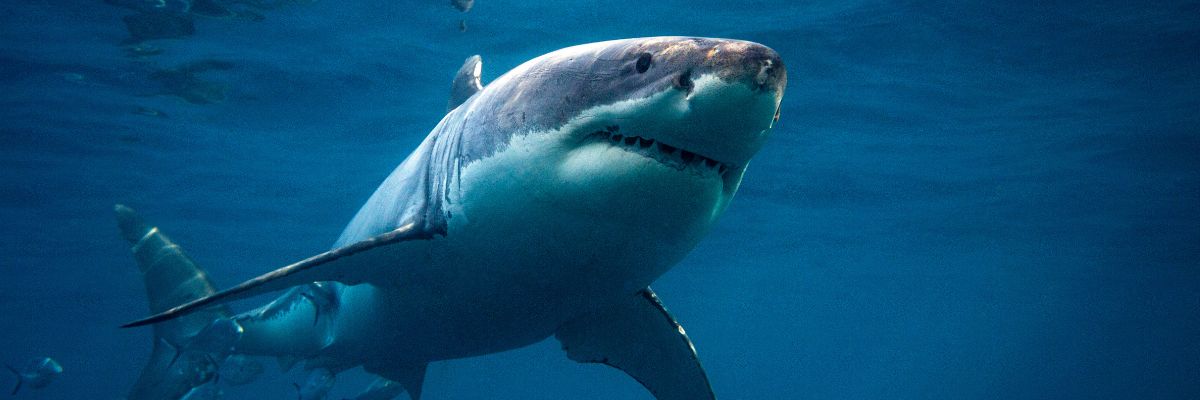
Sharks vs Humans
An Eye-Opening Perspective on Predator-Prey Dynamics Sharks have long captivated our imaginations as fearsome predators lurking beneath the ocean's surface. They are often portrayed as ruthless man-eaters, perpetuating a negative image that overshadows their crucial role in maintaining marine ecosystems. Today, we're going to dive into a question engulfing much of modern conversation on sharks: Do sharks kill humans more than humans kill sharks?
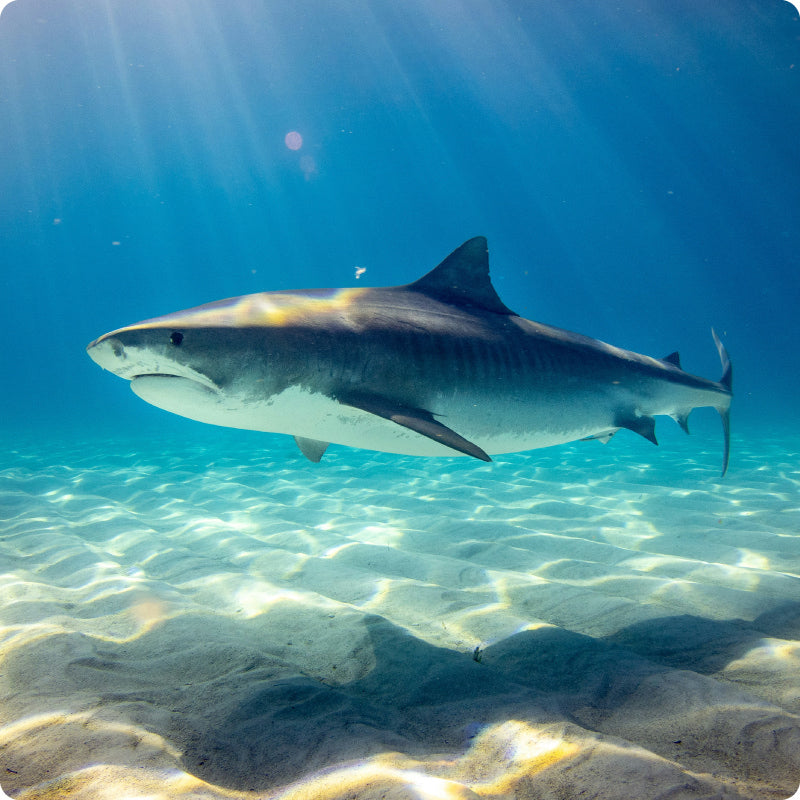
A reality check
Contrary to popular belief, sharks pose a significantly lower threat to human lives than commonly perceived. According to the International Shark Attack File (ISAF), an average of 80 unprovoked shark attacks occur worldwide each year, with an average of six fatalities. Let's first point out that ANY loss of life is tragic. After all, we're fighting to protect animal lives, and make people's lives just that little bit better every morning.
But, it is equally crucial to put these numbers into perspective. Considering that millions of people engage in ocean activities annually, the odds of encountering a shark in a harmful way are astonishingly slim.
Meanwhile, humans pose a far greater threat to sharks. The shark finning industry, driven by the demand for shark fins in some Asian markets, has led to the slaughter of millions of sharks annually.
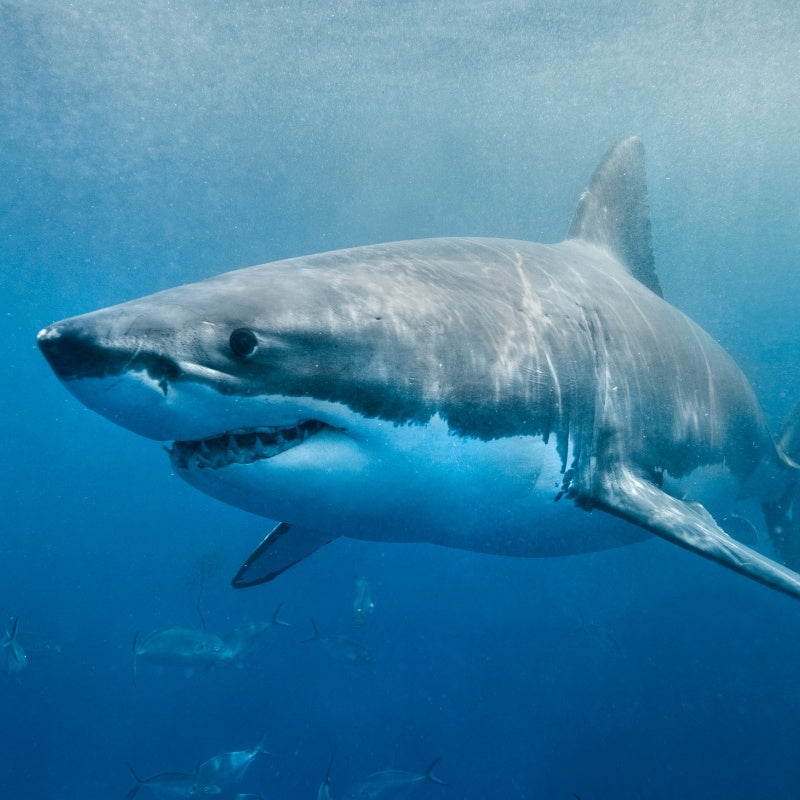
Unsustainable practices
Furthermore, bycatch (the unintentional capture of marine species) in fishing gear claims the lives of countless sharks each year. Whales, dolphins and other marine life suffer from similar threats. Such unsustainable practices contribute to the decline of shark populations worldwide.
A predatory balance
While sharks have gained a reputation as apex predators, they also face formidable competition from other marine predators, most notably killer whales (Orcinus orca).
Killer whales, or orcas, are highly intelligent creatures known for their intricate social structures and exceptional hunting skills. Although interactions between sharks and killer whales are relatively rare, studies have shown that killer whales occasionally prey on certain shark species.
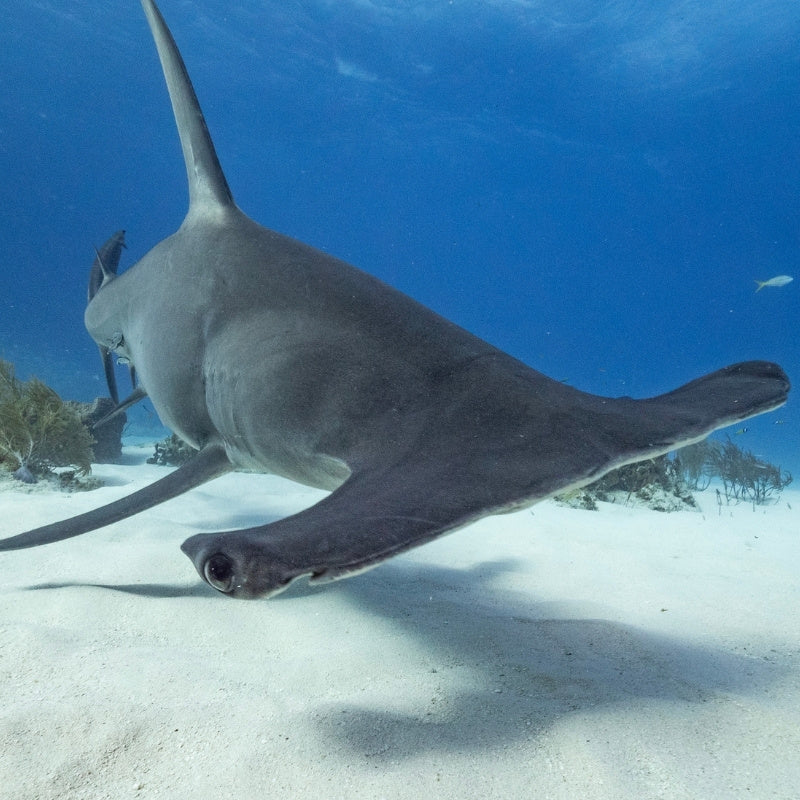
Extinction threats
Sharks are currently facing an alarming risk of extinction due to various factors, including:
Overfishing: The demand for shark products, such as fins and meat, has fuelled overfishing, resulting in the depletion of shark populations worldwide. The slow reproductive rate of many shark species exacerbates their vulnerability in surviving as a species.
Habitat Loss: Destruction and degradation of marine habitats, including coral reefs and coastal areas, deprive sharks of essential feeding and breeding grounds.
Climate Change: Rising sea temperatures and ocean acidification have adverse effects on the marine ecosystem, impacting sharks' food sources and disrupting their natural behaviour patterns.
Lack of Protection: Inadequate conservation measures, including weak fishing regulations and insufficient marine protected areas, fail to safeguard shark populations effectively.
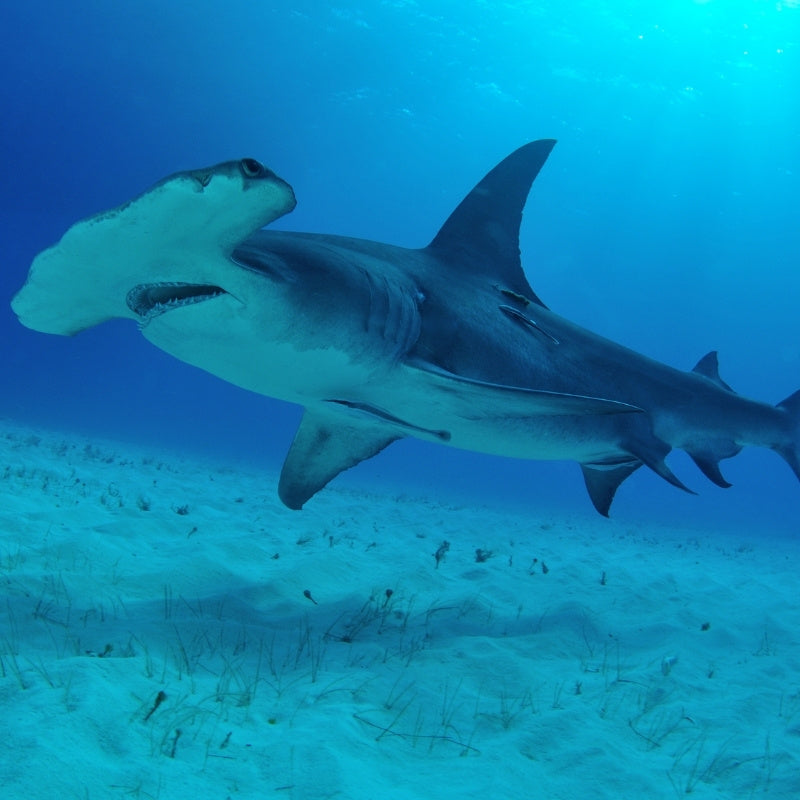
Worldwide conservation efforts
Given the vital role that sharks play in maintaining the health and balance of marine ecosystems, it is crucial to prioritize their conservation. Some key conservation initiatives include:
Banning Shark Finning: Many countries have implemented laws to ban the practice of shark finning, recognising the need to protect sharks from this cruel and unsustainable industry.
Sustainable Fishing Practices: Promoting responsible fishing methods, such as using shark-safe gear and promoting bycatch reduction techniques, can help minimise unintentional shark deaths.
Marine Protected Areas: Establishing and expanding marine protected areas can provide crucial refuge for sharks and safeguard their habitats.
Public Awareness and Education: Raising awareness about the importance of sharks and dispelling misconceptions through campaigns and educational programs can foster a positive shift in public attitudes towards these magnificent creatures.
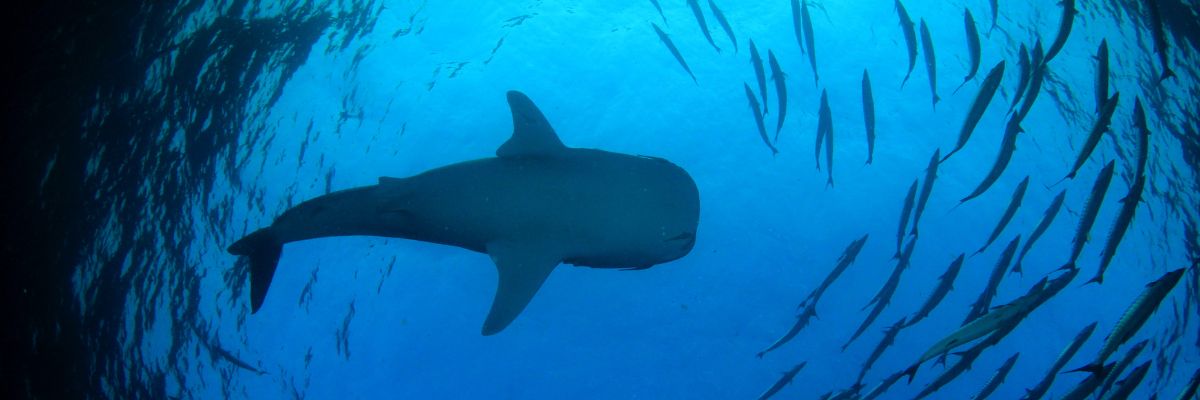
Save the sharks bamboo shark socks
With over 1000 species of sharks and rays, the IUCN estimates that 53% of shark species native to the Mediterranean Sea are endangered. In 2003, it was estimated that, since 1988, there had been a 75% decline in 3 shark species: the scalloped hammerhead, white and thresher sharks. 20 shark species are critically endangered and a further 18 species of sharks and rays are classified as threatened.
Bare Kind donates 10% of profits on our pastel-coloured shark socks to Love the Oceans. In recent years, the profits on our shark socks helped fund the removal of several dozens of kilograms worth of waste from the oceans. This meant we helped clean the ocean of toxic human waste, allowing a more healthy marine environment for various species, including the sharks.
Bare Kind
Save the Sharks Bamboo Socks
Share
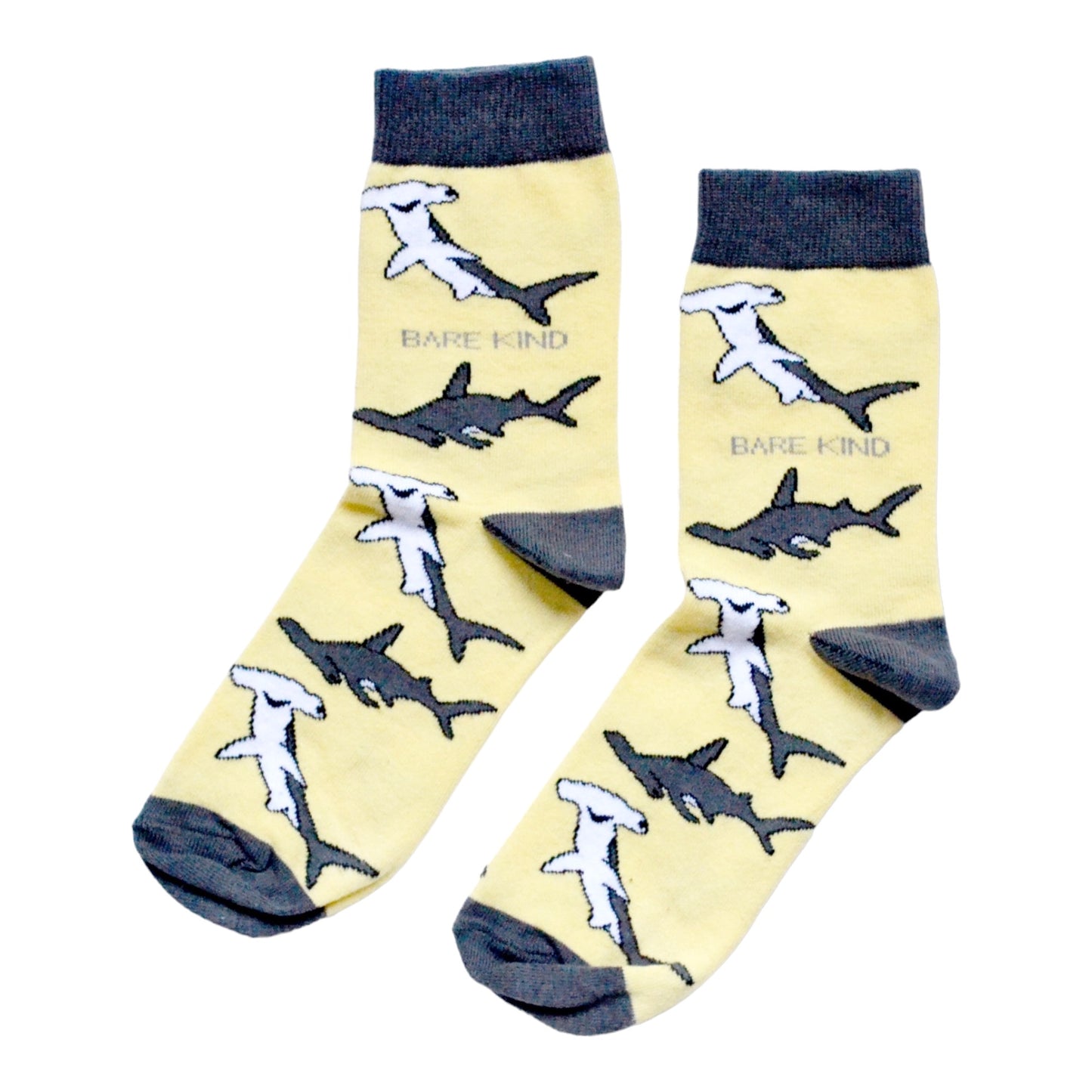
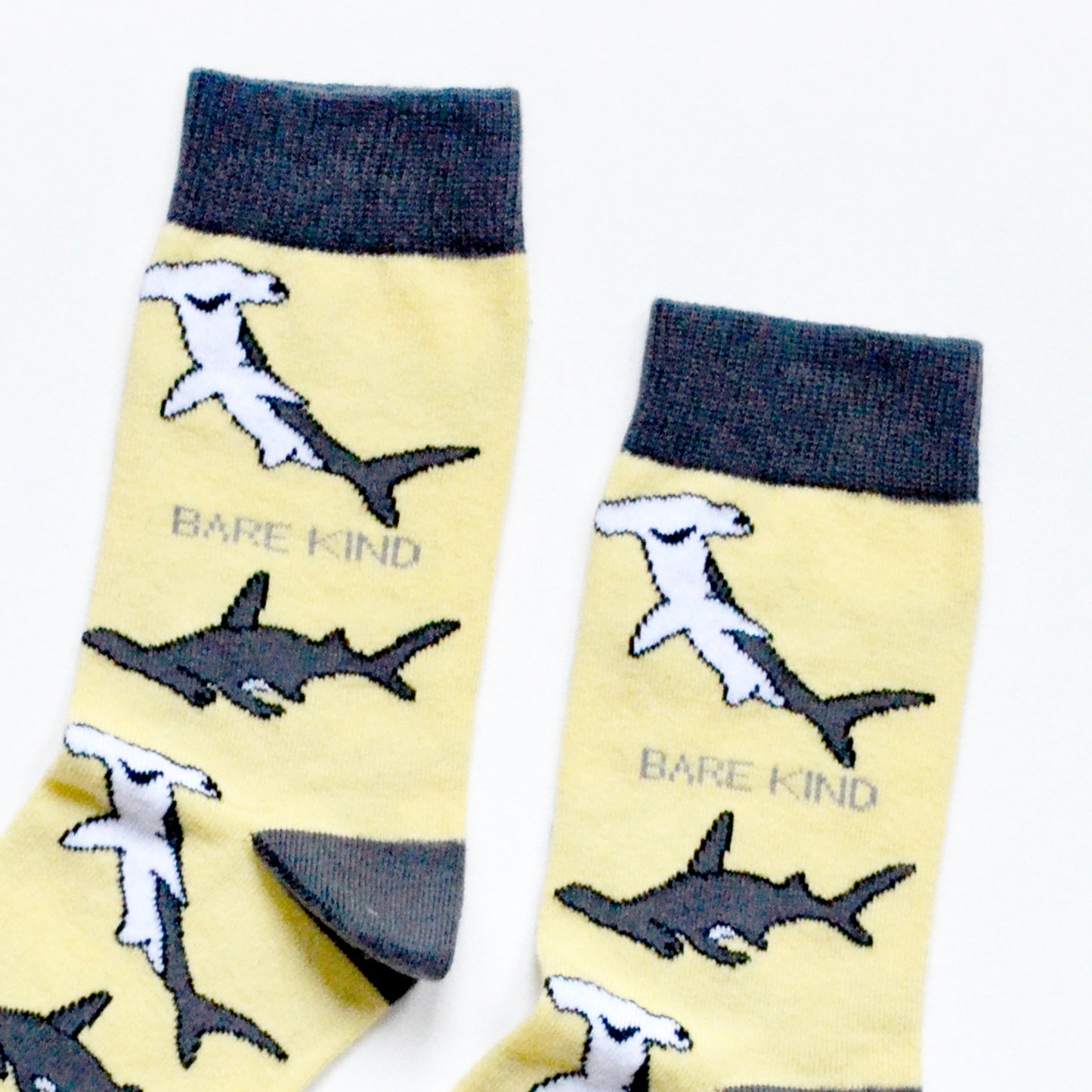





References
Mediterranean Shark and Ray Conservation Meeting - IUCN.org: https://www.iucn.org/news/mediterranean/201908/mediterranean-shark-and-ray-conservation-meeting
International Shark Attack File (ISAF) - University of Florida: https://www.floridamuseum.ufl.edu/shark-attacks/
Baum, J. K., et al. (2003). "Collapse and conservation of shark populations in the Northwest Atlantic." Science, 299(5605), 389-392.
